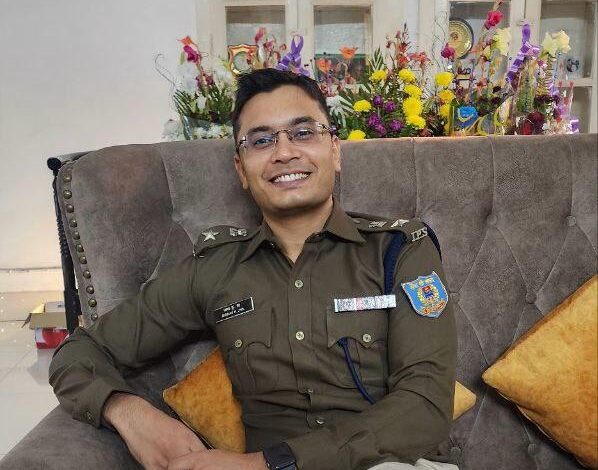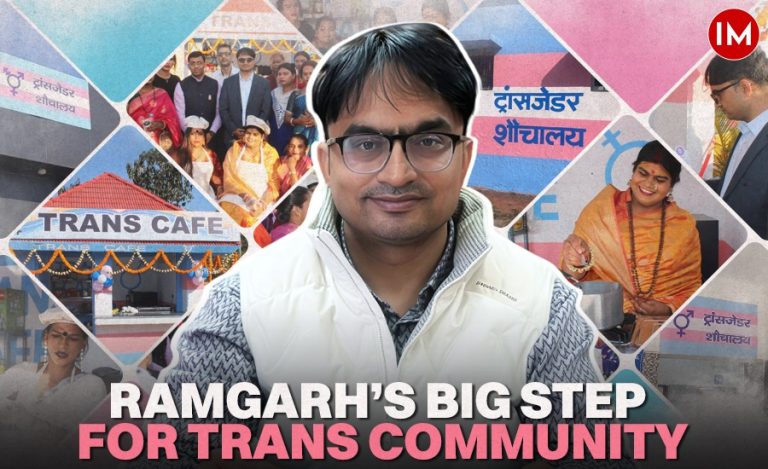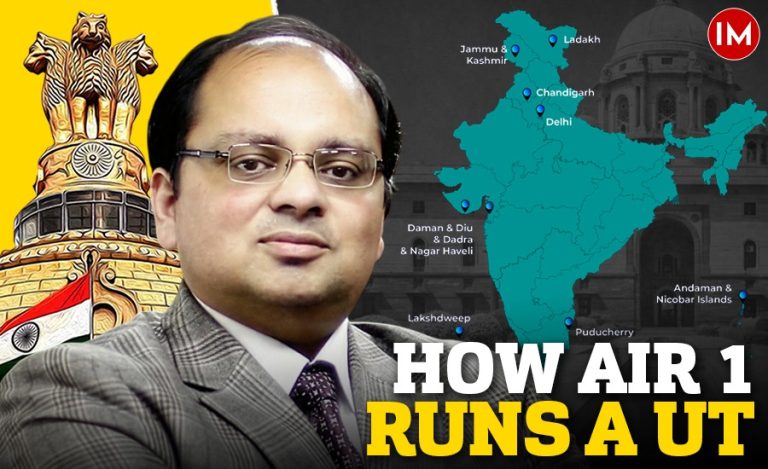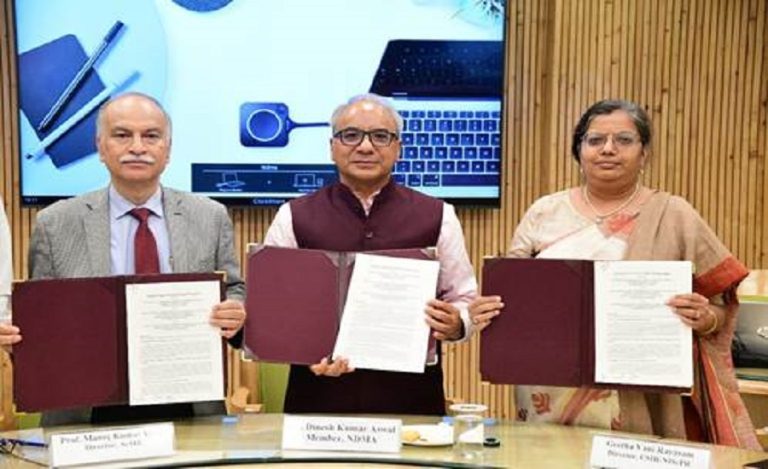It was a moment of history at Ranchi’s Birsa Munda Airport on the morning of August 24, 2025. A three-member team of Jharkhand’s Anti-Terrorism Squad (ATS) walked out of the terminal with a handcuffed man flanked by armed commandos. The man was Sunil Kumar Meena, alias Mayank Singh — one of the most wanted gangsters linked to the Lawrence Bishnoi and Aman Sahu networks. This marked Jharkhand Police’s first-ever successful extradition from a foreign country, ending a year-long pursuit across continents.
“This is the first time Jharkhand Police has brought a criminal back from abroad,” said SP (ATS) Rishabh Jha, who led the operation to Indian Masterminds. “It took months of paperwork, coordination and court hearings, but we made it happen.”
FROM A SCHOOL BOY TO A GANGSTER
The story of Sunil Kumar Meena begins in Rajasthan’s Sri Ganganagar district. At only 26 years old, Meena knew Lawrence Bishnoi from their school days in the mid-2010s. By 2019 — just before the COVID-19 pandemic — he had moved to Malaysia, re-establishing contact with Bishnoi and seeking work in serious criminal operations.
Bishnoi connected him to Aman Sahu, a major gangster operating in Jharkhand and Chhattisgarh. In one chilling incident near Palamu, Sahu’s men ambushed a police team transferring him from Raipur Jail to Ranchi Jail — an early sign of how far the gang’s reach extended.
From Malaysia, Meena’s network spread across Thailand and finally to Azerbaijan. He became the gang’s overseas coordinator, arranging arms supply routes, handling extortion funds, and directing threats under the alias “Mayank Singh” to businessmen, coal transporters and railway contractors. Over four to five years, at least several murders and attempted murders were linked to this network.
40 CRIMINAL CASES
Back home, Meena was wanted in at least 40 criminal cases across Jharkhand — including Ranchi, Giridih, Ramgarh, Palamu and Hazaribag — and also in Chhattisgarh and other states. The cases range from murder, attempted murder, extortion threats, and gang-related violence.
He is accused of threatening dozens of businessmen through WhatsApp messages and phone calls, demanding extortion money. One such case — Case No. 175/22 at Patratu police station in Ramgarh district — became the legal base for his extradition.
“Once in custody, we will question him on his involvement in nearly four dozen cases, as well as his links with organised gangs,” Mr. Jha Said.
HOW THE ATS CLOSED IN
In 2023, sustained technical surveillance by Jharkhand Police revealed that calls made under the names “Bank Singh” or “Mayank Singh” all led back to Meena. His passport was soon cancelled, and on 10 October 2024, the CBI issued a Red Corner Notice (RCN) through Interpol.
Acting on this notice, on 29 October 2024, local police in Baku, Azerbaijan detained him at the airport. This set off a complex chain of diplomatic and legal processes involving the Indian Embassy, the Ministry of External Affairs, the CBI, and Azerbaijani authorities.
MONTHS OF COURT HEARINGS
A court in Baku conducted detailed hearings on the basis of the extradition dossier provided by the ATS through the Ministry of External Affairs. Such hearings can take months, and many fail due to incomplete paperwork or a lack of diplomatic coordination. This time, every document was prepared carefully — from judge’s warrants to certified copies of case files.
Finally, on 4 August 2025, the Azerbaijan Republic wrote to India confirming that Meena would be handed over to Indian officials on 22 August 2025. Political clearances were issued by the Union government, and a three-member ATS team led by SP Jha flew to Azerbaijan last Tuesday to complete the formalities.
TOUCHDOWN IN RANCHI
On Friday, the team boarded a flight from Baku with Meena in custody and reached Ranchi via Mumbai on Saturday morning. He was brought to the state under heavy security and taken to Ramgarh, where he was produced before the court of the Additional District Judge. The court sent him to judicial custody in Ramgarh jail.
Officials said the Jharkhand ATS is likely to secure his police remand on Monday to question him in multiple extortion and gang-related cases across the state.
THE CHALLENGES OF EXTRADITION
Extradition cases are among the most difficult operations for any police force. They involve three layers of challenge:
- Technical – collecting watertight evidence and documentation for courts abroad.
- Diplomatic – coordination between foreign ministries, embassies and international policing agencies.
- Judicial – convincing foreign courts that the extradition is lawful and necessary.
Every proposal must carry a judge’s warrant and signature from the requesting country. Many requests are rejected if courts abroad find the evidence incomplete or unconvincing.
“This was not easy. It took more than a year of sustained effort, inter-agency cooperation and court proceedings,” said Jha. “But it shows we can do it.”
WHY THIS CASE MATTERS
This extradition marks a milestone for Jharkhand Police — the first time it has successfully brought back a criminal from abroad. It highlights how international coordination, strong evidence, and persistence can dismantle even global crime networks.
It also underscores the rising reach of organized crime from small Indian towns to international safe havens. With Meena now in Jharkhand’s custody, police officials hope to extract more information about the gang’s operations, funding, and future plans.
For residents of Jharkhand, the operation is both a relief and a warning: the law may be slow, but it is steadily catching up.
































